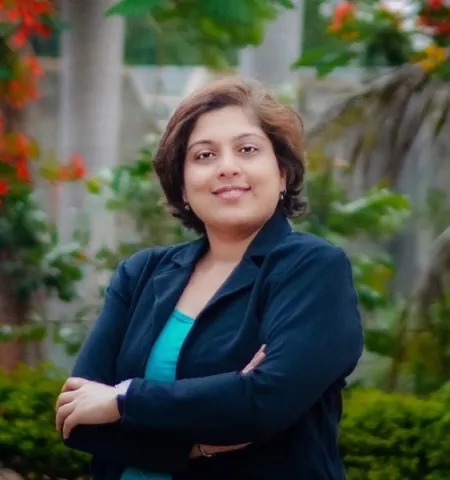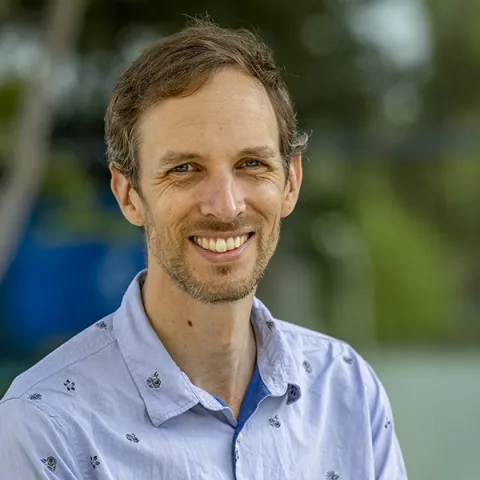About the project
This PhD project might be for you if you are concerned about the growing microplastic contamination in our water bodies.
This project involves the investigation of how bubbles and vortices can be harnessed to extract microplastics from water. Combining vortex dynamics, bubble physics, and experimentation, you’ll develop novel microplastic retrieval methods while advancing your skills in multiphase and unsteady flows, imaging, and data-driven analysis.
Each year, around 12.7 million tonnes of plastic enter the world’s oceans, breaking down into microplastics that contaminate our water, food, and air. Addressing this growing environmental challenge requires innovative thinking.
This PhD project explores how bubbles and vortices—key features of unsteady flows—can be harnessed to extract microplastics from water. Microplastics tend to attach to bubbles, acting as surfactants and influencing bubble dynamics. When bubbles burst at the surface, they can release microplastics into the atmosphere. This project instead proposes to use this interaction beneficially, by transporting microplastic-coated bubbles using vortices to a controlled collection region for filtration.
The research focuses on understanding how large-scale vortices, generated naturally or by vehicles and shear flows, can trap and transport surfactant-laden bubbles. Although vortex–bubble interactions are widely studied, little is known about vortices with no axial flow that may hold bubbles in their core and carry them over a distance.
This interdisciplinary project spans vortex dynamics, bubble physics, and flow experimentation. High-fidelity measurements and advanced imaging will be used to map bubble–vortex behaviour under controlled conditions, leading to new scaling laws and potential pathways for flow-based microplastic retrieval.
The project provides hands-on training in experimental methods, coding, and scientific communication within the highly collaborative and multi-cultural Experimental Fluids Group at Southampton.
Through this project, you will enhance your skills and knowledge in:
- motion control
- unsteady vortex dominated flows
- bubble dynamics
- building rigorous experimental set-ups
- coding (image and signal processing)
- scientific planning
- writing, and presentation (international exposure) amongst others.
You will have access to training in general manufacturing skills in our extensive workshops.
You will have the opportunity to work with the tight-knit PhDs and postdocs of the Experimental Fluids Group at Southampton who will be a part of your network. The university also offers language courses.
The School of Engineering is committed to promoting equality, diversity inclusivity as demonstrated by our Athena SWAN award. We welcome all applicants regardless of their gender, ethnicity, disability, sexual orientation or age, and will give full consideration to applicants seeking flexible working patterns and those who have taken a career break. The University has a generous maternity policy, onsite childcare facilities, and offers a range of benefits to help ensure employees’ well-being and work-life balance. The University of Southampton is committed to sustainability and has been awarded the Platinum EcoAward.

